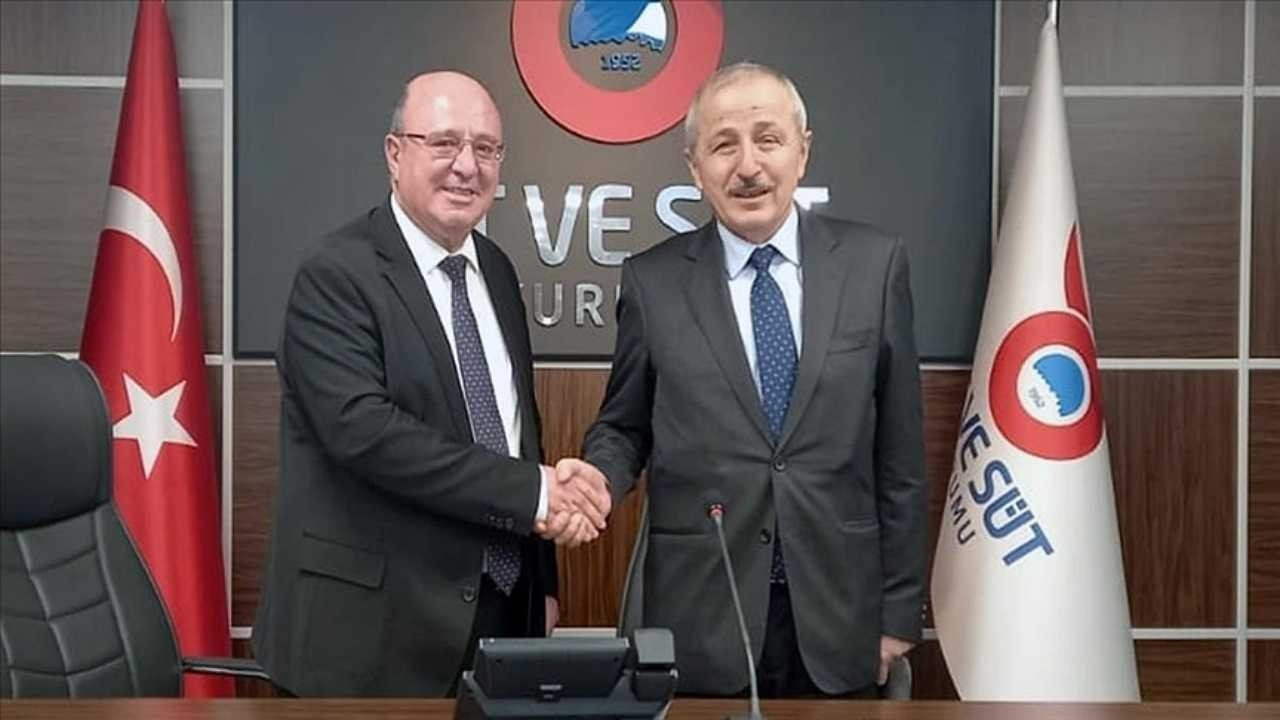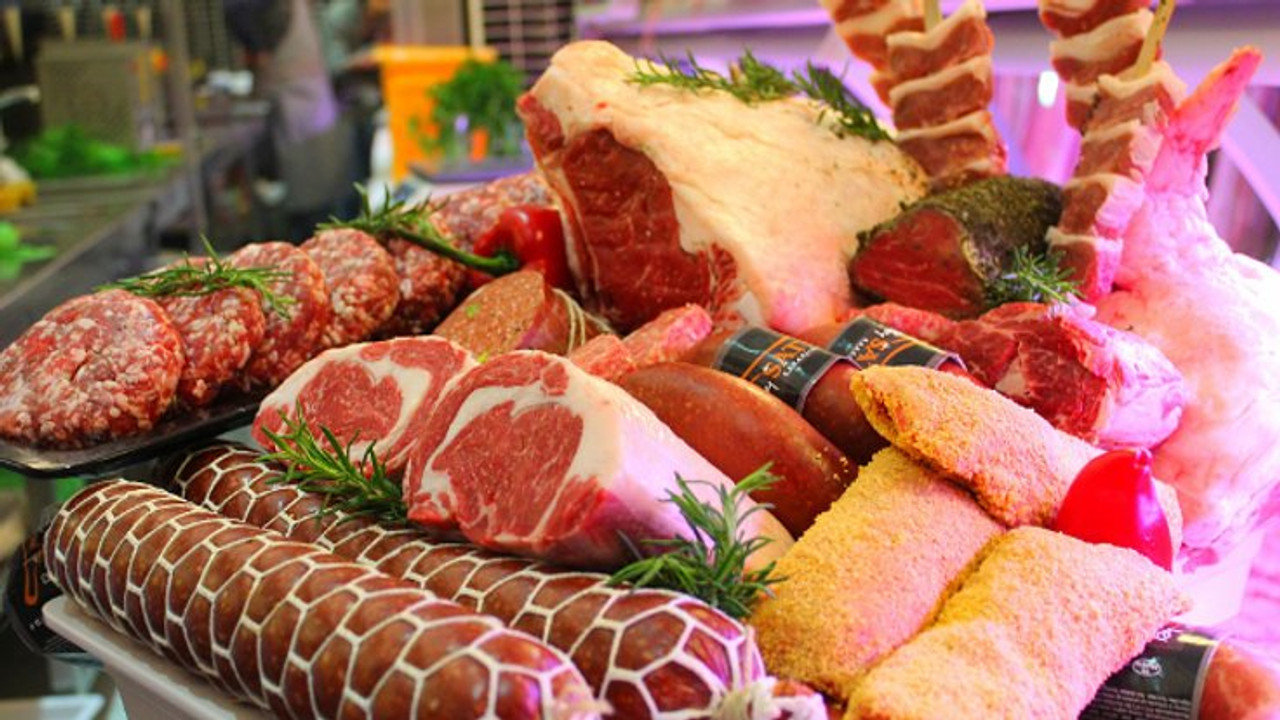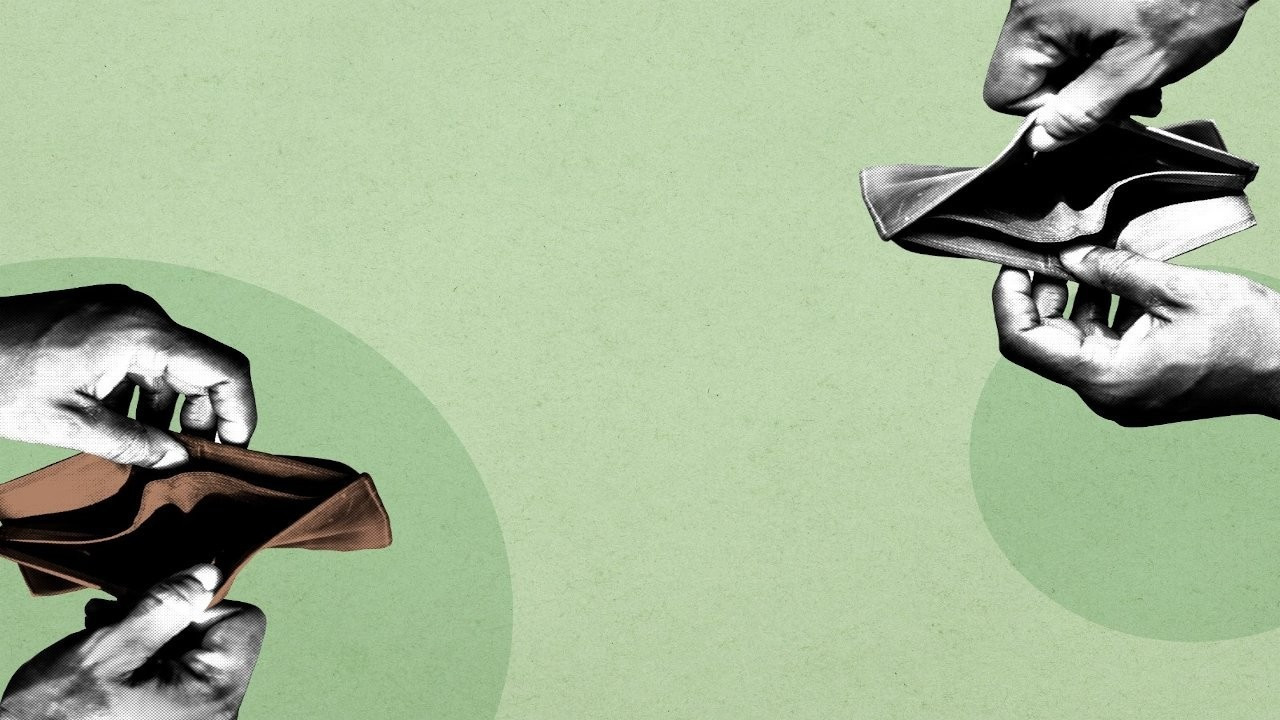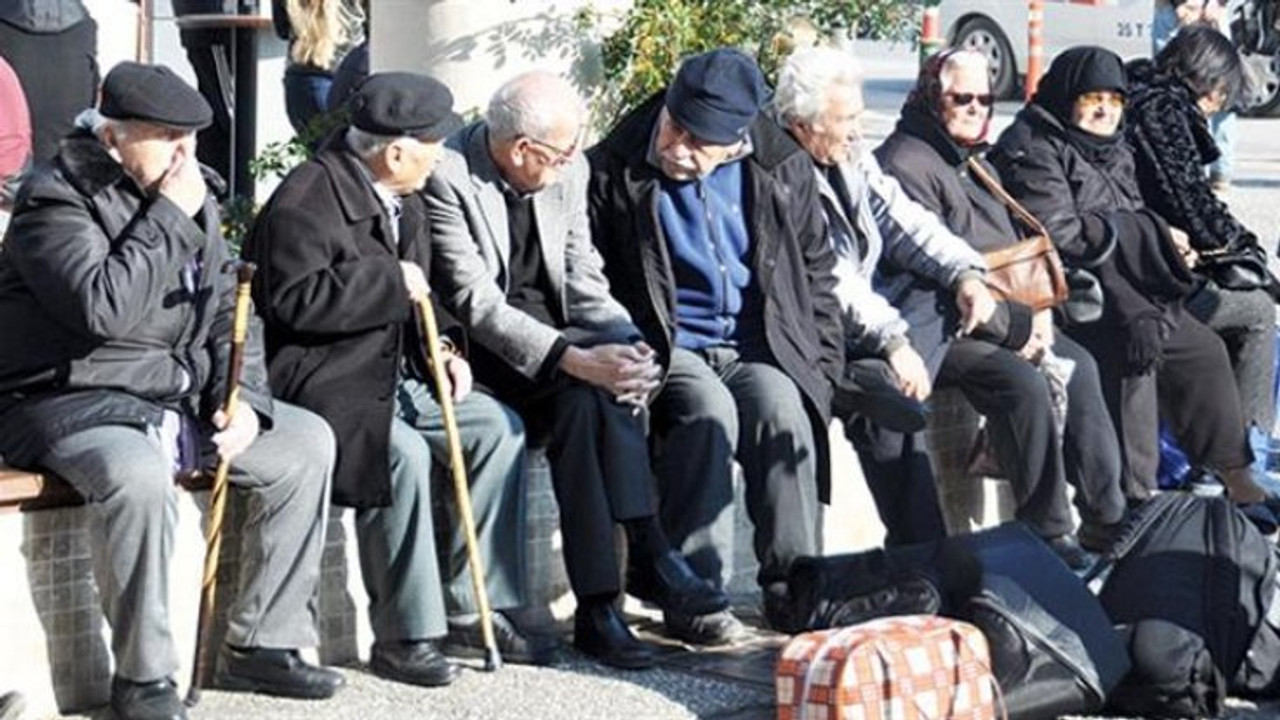Turkish main opposition leader denied entry to state-run Meat and Milk Board
Turkish main opposition CHP leader Kemal Kılıçdaroğlu was on April 8 denied entry to the premises of the state-controlled Meat and Milk Board (ESK). Kılıçdaroğlu said that he was planning to talk about the recent price increases implemented by the institution.
Duvar English
Turkey's state-controlled Meat and Milk Board has not allowed main opposition Republican People's Party (CHP) leader Kemal Kılıçdaroğlu to enter the premises.
The institute confirmed that it had turned down Kılıçdaorğlu’s previous request for an appointment. In a statement released on social media on April 8, the ESK said it had previously told Kılıçdaroğlu that it “would be better for him to talk with Agriculture and Forestry Minister Prof. Dr. Vahit Kirişçi.”
— Et ve Süt Kurumu (@etvesutkurumu) April 8, 2022
Kılıçdaroğlu attempted to visit ESK on April 8 to talk about its recent price hike of 48 percent on red meat prices.
After he was not allowed in the institution by the security on the grounds that he did not have an appointment, Kılıçdaroğlu held a press statement.
He said that he was trying to draw attention to the growing impoverishment among Turkish society and that poor nutrition has become a serious problem in the face of exorbitant food prices.
“Milk producers are also miserable today [as well as consumers]. When you go to a shop, you can buy a bottle of milk at a price of 15 liras. The price of one kg of minced meat has increased up to 100 liras. How can minimum wage earners buy minced meat? How can minimum wage earners or families without any income buy milk on a regular basis for their children?” asked Kılıçdaroğlu.
Hacer Foggo, the founder of Deep Poverty Network, also addressed the press here, saying that she had not seen such a deep level of poverty before.
“It is no longer poverty that Turkey is dealing with. Children are struggling with poor nutrition. A research conducted by the Turkish Family Doctors with 1,040 children has shown that 85 percent of girls and 68 percent of boys are facing anemia. This is a very new research conducted only last week. This means malnourishment and difficulty with learning,” she said.

 State enterprise head dismissed after controversial remarks on red meat price increaseDomestic
State enterprise head dismissed after controversial remarks on red meat price increaseDomestic Turkish state enterprise increases red meat prices by 48 percentEconomy
Turkish state enterprise increases red meat prices by 48 percentEconomy 59 percent of Turkish citizens can't make ends meet, survey revealsEconomy
59 percent of Turkish citizens can't make ends meet, survey revealsEconomy Turkish poverty threshold reaches above 16,000 lirasEconomy
Turkish poverty threshold reaches above 16,000 lirasEconomy 8 million pensioners in Turkey live on or below hunger lineEconomy
8 million pensioners in Turkey live on or below hunger lineEconomy